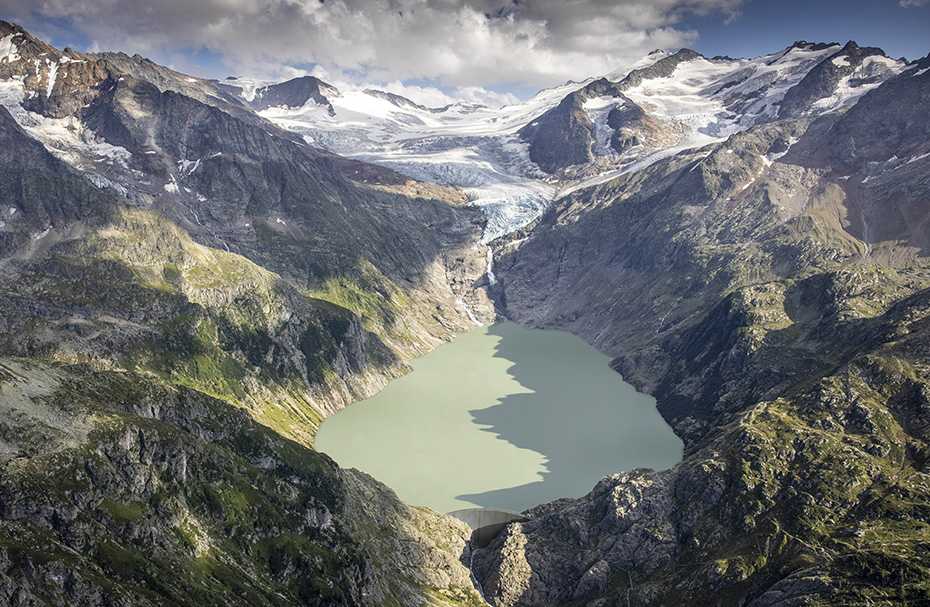Hydropower plays major role in Swiss energy supply 2050
No energy transition without hydropower: This is demonstrated by the final report of the Swiss Competence Center for Energy Research – Supply of Electricity published today. D-BAUG Professor Robert Boes led the research group on the hydropower sector.

Switzerland aims to have zero greenhouse emissions by 2050. With this net-zero target, it wants to make its contribution to limiting global warming to less than 1.5 degrees. Over the past eight years, the SCCER Supply of Electricity (SCCER-SoE) has been investigating what this target means for future electricity demand and what contribution hydropower and geothermal energy, in particular, could make.
Hydropower generates 60 percent of electricity
The Hydropower Synthesis Report aims at taking a holistic look at the future and models a range of scenarios and assumptions. Hydropower is currently the most important domestic energy source in Switzerland and accounts for almost 60 percent of its electricity generation. In addition, hydropower plays a key role as an energy storage system.
The SCCER-SoE recommends a combination of different measures in order for the technology to make its essential contribution to climate and energy strategies in coming years: optimize and expand existing plants, examine in depth the potential of environmentally compatible expansions, especially of storage hydropower, involving a participatory process and a prioritization scheme according to sustainability criteria, pursue further research and long-term planning, since expansions or new constructions of larger hydropower plants usually take more than 15 years.
The full report can be downloaded from the link below. The following D-BAUG experts contributed to the report: Professor Robert Boes (lead), Professor Paolo Burlando (task leader of working group 2.4), Dr. Frederic Evers, Dr. David Felix and Dr. Benjamin Hohermuth.
SCCER-SoE
The Swiss Competence Center for Energy Research - Electricity Supply is an association of 25 Swiss scientific institutions, industrial companies as well as federal authorities. From 2013 to 2020, it was funded by the Swiss National Science Foundation and the Commission for Technology and Innovation. Since 2021, research and innovations that contribute significantly to the successful implementation of the Energy Strategy 2050 and the achievement of the Swiss climate goals are funded by Download SWEET – Swiss Energy research for the Energy Transition, a program of the Swiss Federal Office of Energy.
Links
- Read the Synthesis Report Download Swiss Potential for Hydropower Generation and Storage (PDF, 1.5 MB)
- Learn more about Download SCCER-SoE